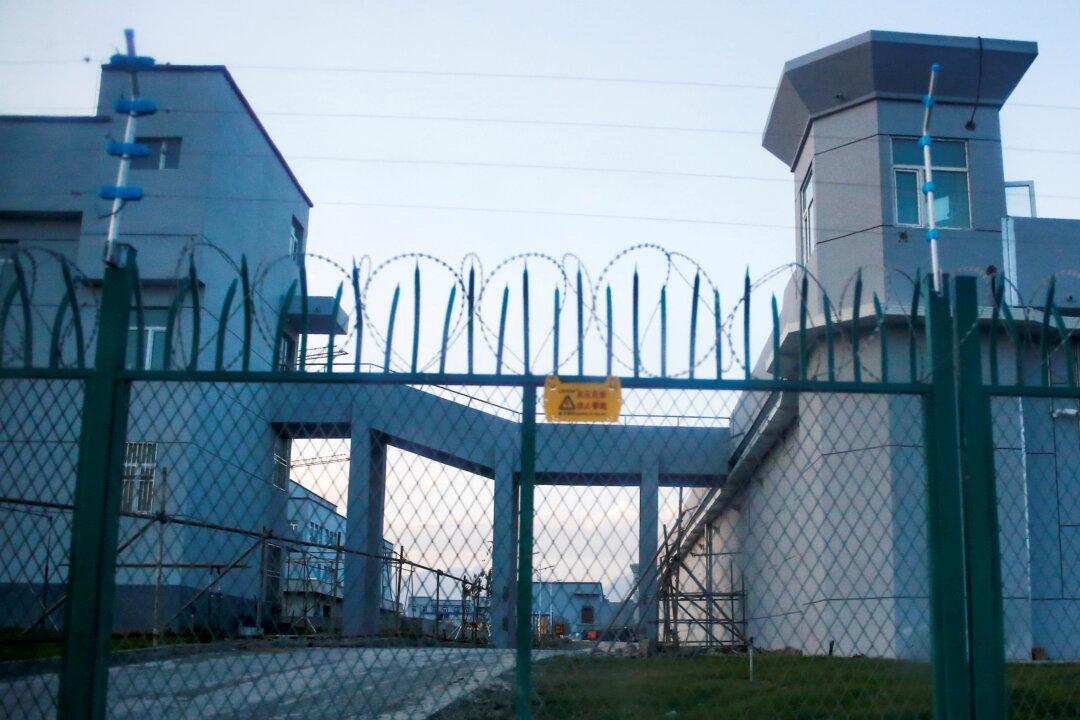Commentary
Normally, the word “phoenix” conjures up an image of a proud bird from Egyptian mythology which at the end of its life bursts into flames before giving way to the next generation. Or, if you are much younger or not into 2,000-year-old stories, you may think of the second Harry Potter film. Tomato, tomahto.





